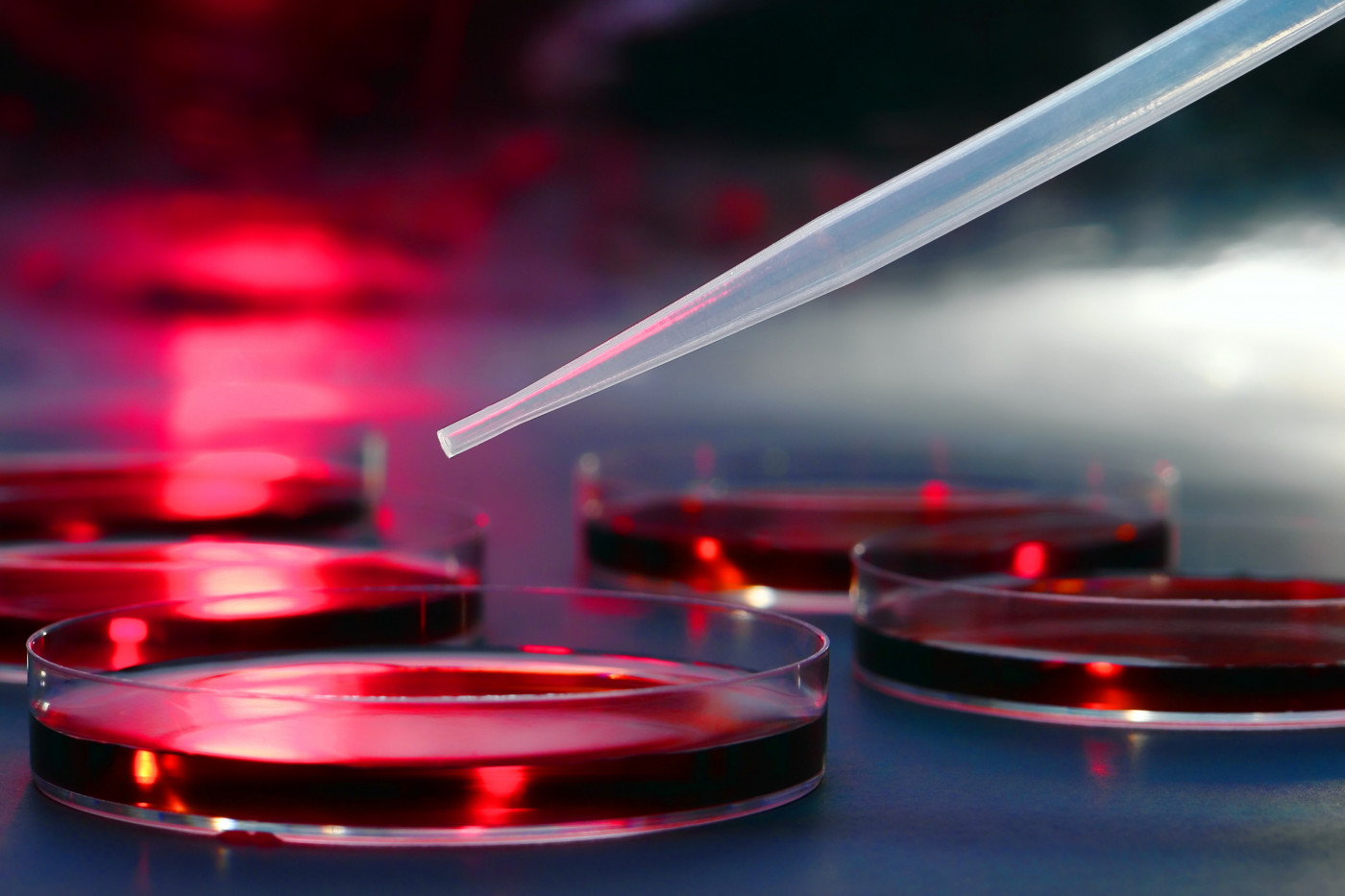3D Nerve Cell Models of PPMS, Parkinson’s Ready for Liftoff to Space Station for Long-term Study in Microgravity
Written by |

The New York Stem Cell Foundation (NYSCF) Research Institute and Aspen Neuroscience will send three-dimensional brain cell models of primary progressive multiple sclerosis (PPMS) and Parkinson’s disease to the International Space Station (ISS) for the first long-term study of how these cells behave when exposed to microgravity.
The biological samples will be sent to the ISS on the SpaceX CRS-19 today (Dec. 5) from the Kennedy Space Center in Cape Canaveral, Florida. The research collaboration, funded by the National Stem Cell Foundation (NSCF), already performed a successful 30-day test space flight in July.
“Supporting this collaboration between world-class research teams during a time of explosive growth in our understanding of the research advances possible in space is a great privilege. We are delighted to be funding such innovative science at the frontier of new drug and cell therapy discovery,” Paula Grisanti, CEO of NSCF, said in a press release.
The study will assess for the first time how 3D aggregates of nerve cells, called organoids, from patients with Parkinson’s and PPMS behave when cultured in space over long periods of time.
The organoids were created by extracting skin cells from people with these diseases, and changing their genetic programming to create patient-derived induced pluripotent stem cells (iPSCs), which were later transformed into nerve cells.
The models contain neurons and microglia cells, which support and protect neurons, but also are implicated in the inflammatory process that drives Parkinson’s disease, MS, and other neurodegenerative diseases.
Changes in forces such as gravity can change how cells interact with each other and form tissues. So, investigating how patient-derived cells interact and control gene expression — the process by which information in a gene is synthesized to create a working product, such as a protein — under microgravity conditions (the near absence of gravity) could give new insights into the process of neurodegeneration.
The study also will help scientists understand how space flight affects the neurons and nerve systems of astronauts.
“We feel privileged to have the opportunity to help understand the behavior of neural cells in microgravity, and to help model neurodegenerative disease in such a novel way. We are excited about this fantastic project and look forward to learning the results,” said Jeanne Loring, chief scientific officer at Aspen.
The researchers expect the project to accelerate the discovery of disease biomarkers and new treatments, such as cell therapies, as well as guide personalized approaches to treat neurodegenerative diseases.
“We are excited to collaborate on the first study of progressive multiple sclerosis and Parkinson’s patient brain cells in space. This work will provide important insights into the mechanisms behind these diseases, and advance targets for future treatments,” said Susan L. Solomon, NYSCF chief executive officer.
Valentina Fossati, NYSCF senior research investigator, added: “We look forward to leveraging the unique capabilities of spaceflight research to better understand the role of microglia in multiple sclerosis and Parkinson’s disease, as well as how dysfunction in these cells can be targeted therapeutically.”
Space Tango is coordinating the transport and maintenance logistics to ensure the cells arrive at the ISS in the best possible condition, and remain viable during the time they will be in orbit. To ensure that, the company developed fully automated, remote-controlled systems to allow working with cell cultures, which were used in the preliminary 30-day study.
“It takes vision, passion, and courage to change the paradigms of current understanding. We are honored to support the groundbreaking work of the National Stem Cell Foundation and these recognized leaders in stem cell biology. Their commitment and dedication to advancing the frontiers of science using new tools and new approaches has been inspiring to witness, and has the potential to provide an entirely new perspective on Parkinson’s and progressive MS,” said Jana Stoudemire, commercial innovation officer at Space Tango.


